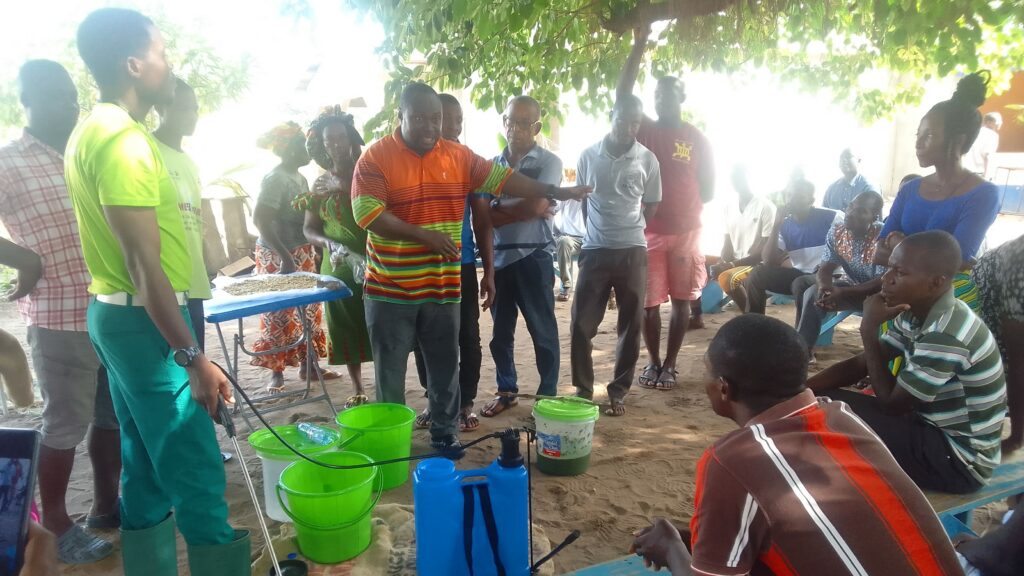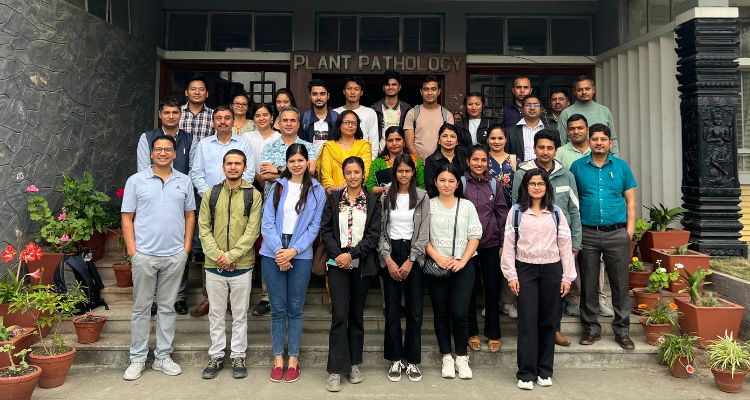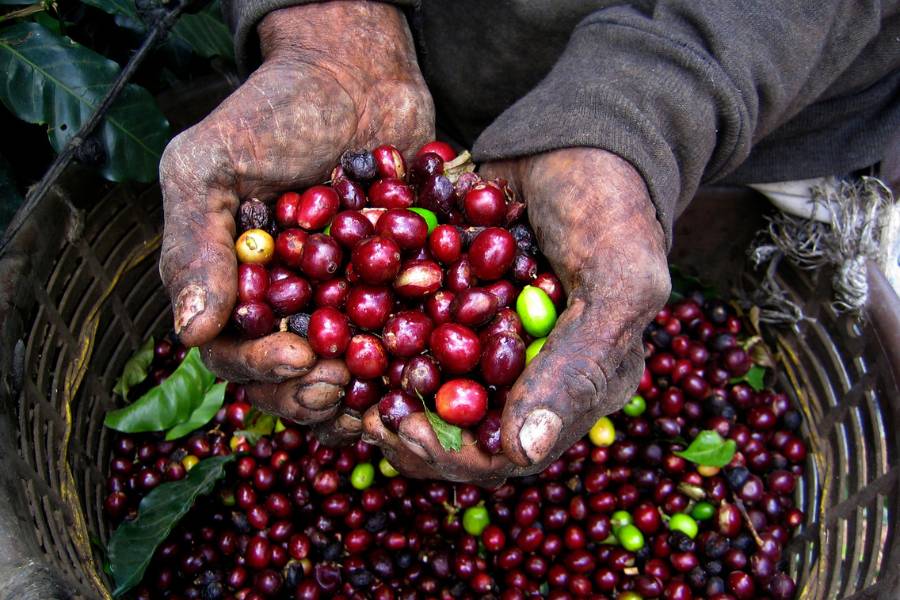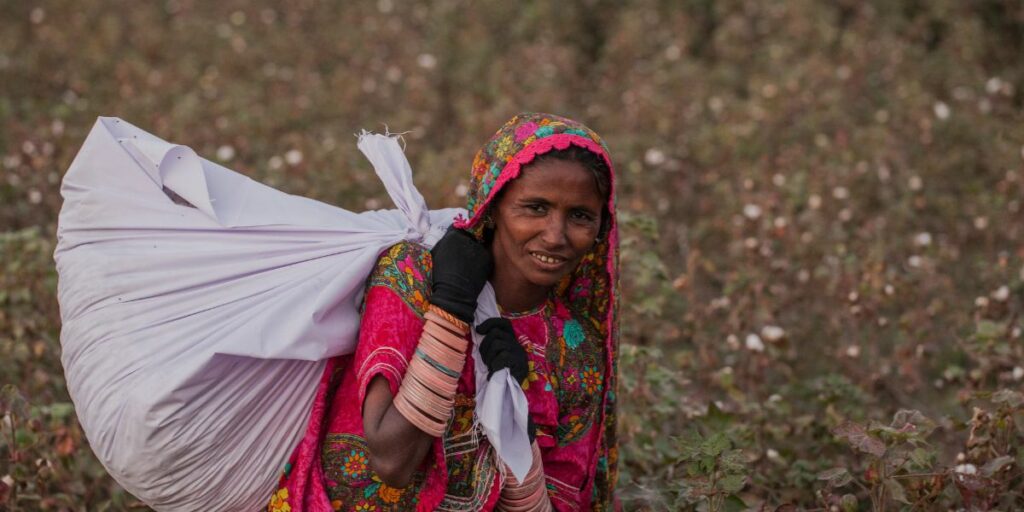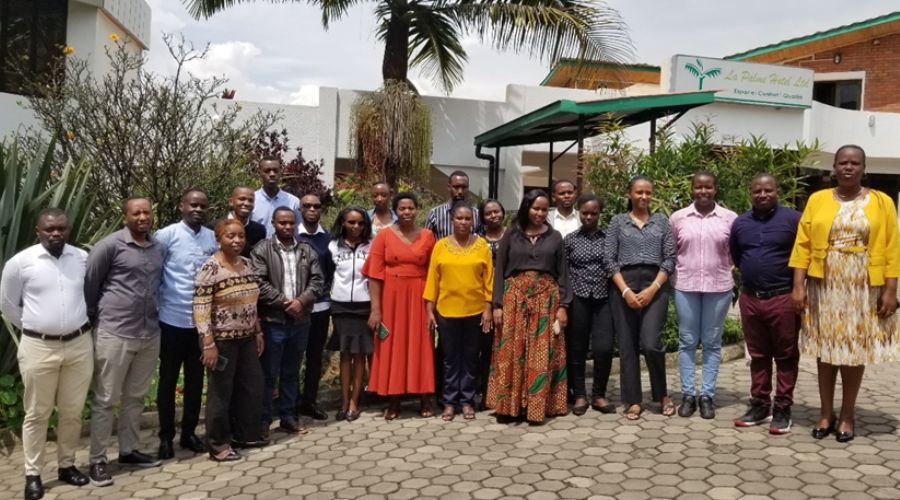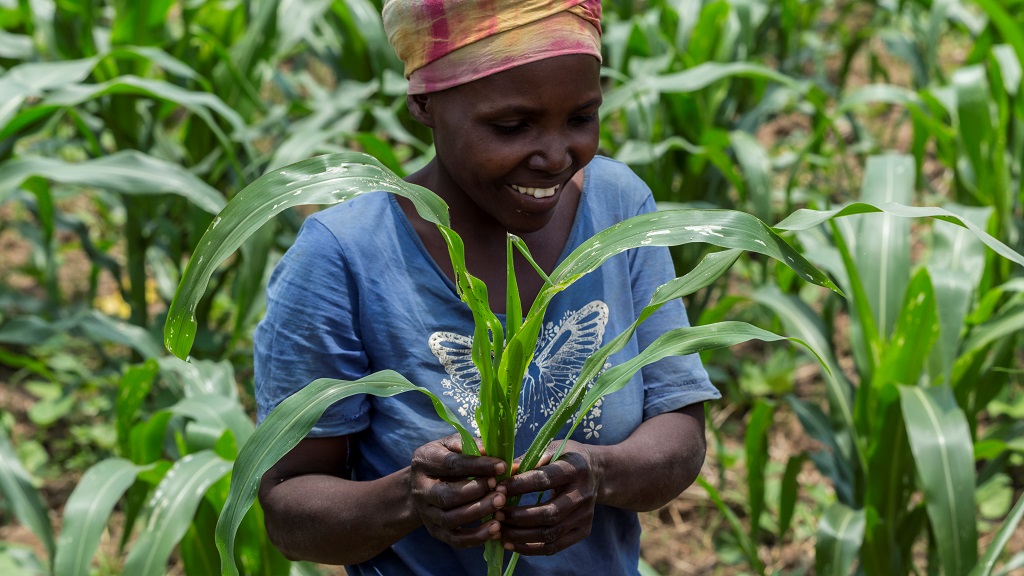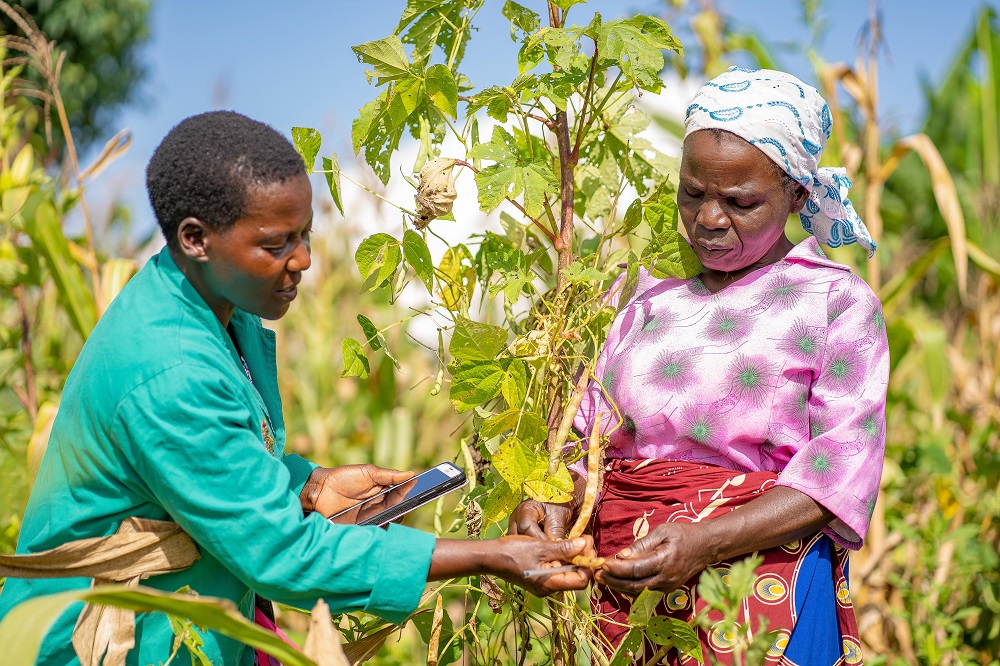New Pest Management Decision Guides created in collaboration with the Rainforest Alliance
PlantwisePlus and the Rainforest Alliance have collaborated on a collection of Pest Management Decision Guides (PMDGs) for Nicaragua. The PMDGs are available on the PlantwisePlus Knowledge Bank. They provide agricultural advisors and farmers with crop and pest-specific prevention, monitoring and control advice. They enable producers to make informed crop management decisions, minimising the reliance on…
Using mass media campaigns to promote safer pesticide use
Multiple channels work best when sharing information about safer pesticide use Giving farmers the tools they need to make pesticide use safer is vital. Mass media campaigns can help to share pesticide information with them. But the campaigns work best when they’re delivered using multiple forms of communication.
CABI Academy helps Better Cotton team grow its plant-health knowledge
Members of the CABI Better Cotton Initiative team gave their crop pest diagnosis and management skills a boost recently thanks to the CABI Academy. Over 100 team members completed the Crop Pest Diagnosis and Crop Pest Management courses with all participants gaining a pass certificate.
Plant doctor training improves Rwandan farmers’ access to plant health advice
A six-day Plantwise plant doctor training session took place in Rwanda this March. Funded by CABI, the training aimed to build the capacity of Rwanda Inspectorate, Competition and Consumer Protection Authority (RICA) staff in the diagnosis of crop pest problems, and providing advice to farmers.
Three types of training delivering plant health knowledge to Burundi’s farmers
How do you reach millions of farmers with tried-and-tested plant health advice? The answer is to train the plant health advisors. In Burundi, Plantwise has been doing just this. In March 2021, Plantwise started to train plant doctors in Burundi to deliver plant health advice to farmers. And five months later, in August, Plantwise was…
Crop App Index: search over 800 plant-health apps
The Crop App Index website helps users to find the plant-health apps and websites they need to answer their crop pest and disease questions. CABI recently added a further 250 websites and apps to the search tool. It now features over 800 different plant-health-related platforms to support decision-making.
How community conversations help to close the gender gap in Burundi
What are community conversations and how are they closing the gender gap in Burundi’s farming sector? The gender gap in agriculture is a big challenge. In low- and middle-income countries, women make up an average of 43% of the agricultural labour force. In Burundi, of all the time spent on agricultural work, women make up…
Embracing equity for women farmers
Women farmers make up around 43% of the agricultural labour force and produce over half of all food grown worldwide. Yet, when you picture a farmer, are they a woman? This year’s International Women’s Day theme is ‘embrace equity’ and its aim is to get the world talking about why equal opportunities aren’t enough. People…

